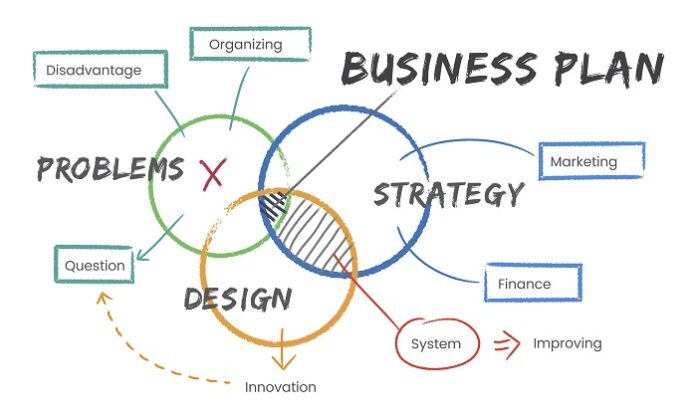One of the great things about being part of the business landscape is that it is constantly changing and evolving. This can make it a challenge to keep on top of the latest innovations and changes. Here are some ways that you can embrace the changes and use them to benefit your business.
Understanding industry evolution
At present, market conditions are unpredictable as the UK and the wider world face costs rising across all living sectors. As such, consumer spending is in a different pattern compared to previous years.
Whilst there are still people who like physical shops, the majority of shoppers use online sites to find bargains, so it is important that your business has a strong online presence to stay visible and competitive.
Sustainability is a factor that draws new customers in and most industries have ways of being sustainable now. This may be something worth investing in to help you stand out among the crowd. If you need funds to be able to do this then look into getting a business loan to help you front the cost.
Adapting business strategies
Businesses need to adapt to changes, so the plan you made for your business 10 years ago may longer be relevant. By reviewing your business plan regularly, you can adapt as things change.
Risks may crop up from time to time. Being aware of them allows you to judge whether the risk is worth it and set up a contingency plan if something were to go wrong.
Businesses seeking agility in a changing environment should consider these factors:
- Constant Environmental Monitoring
Business strategy adaptation begins with a thorough awareness of the external environment. Regularly monitoring market trends, rival activity, and new technology yields insights. Staying alert and educated helps companies see changes, seize opportunities, and alter their strategy.
- Flexible Planning
Rapid change makes long-term strategic planning less successful. Companies require flexible planning frameworks that can adapt to changing conditions. Iterative planning and scenario analysis allow firms to adapt swiftly to unexpected obstacles and possibilities.
- Customer-focused plans
Technological advances and societal changes shape customer expectations. Businesses must emphasize customer-centric initiatives that offer great experiences. Organizations may modify their offers and services to change consumer expectations via regular feedback, data analytics, and customer knowledge.
- Decision-Making Agility
Rapid change requires firms to act quickly and aggressively. Agile teams use real-time data and market input to make decisions. Agility helps companies adapt quickly to obstacles and seize opportunities, giving them a competitive edge.
- Talent and adaptability development
Adapting corporate tactics demands a flexible, skill-building workforce. Employee training and development helps teams adapt to technology and industry changes. A culture that emphasizes learning and change allows workers to actively adapt.
Incorporating technological advancements
Technological advancements are something that all businesses should embrace. Small changes such as going paperless can save staff a lot of time, meaning they can be more productive on profitable tasks instead. Utilising payroll software, for example, minimises human error and ensures staff gets paid correctly and on time.
There are larger technological advancements such as robotics that can be beneficial to your business. If you have a packing plant that is currently using a human workforce, then you may want to consider investing in robot packers.
Cultivating a culture of innovation
Your staff are your biggest asset, and they will have some great ideas for growing and upgrading your business. To make the most of this you will need to foster a culture of innovation.
You could implement meetings to gather ideas and discuss areas of concern for staff. They are the ones working on the ground and can see where things are slower or not working as smoothly as they could.
By encouraging feedback, your staff will feel comfortable raising issues as well as volunteering ideas. This will benefit the workplace in larger ways as well as it will create a feeling of trust and well-being.
Image by rawpixel.com on Freepik





